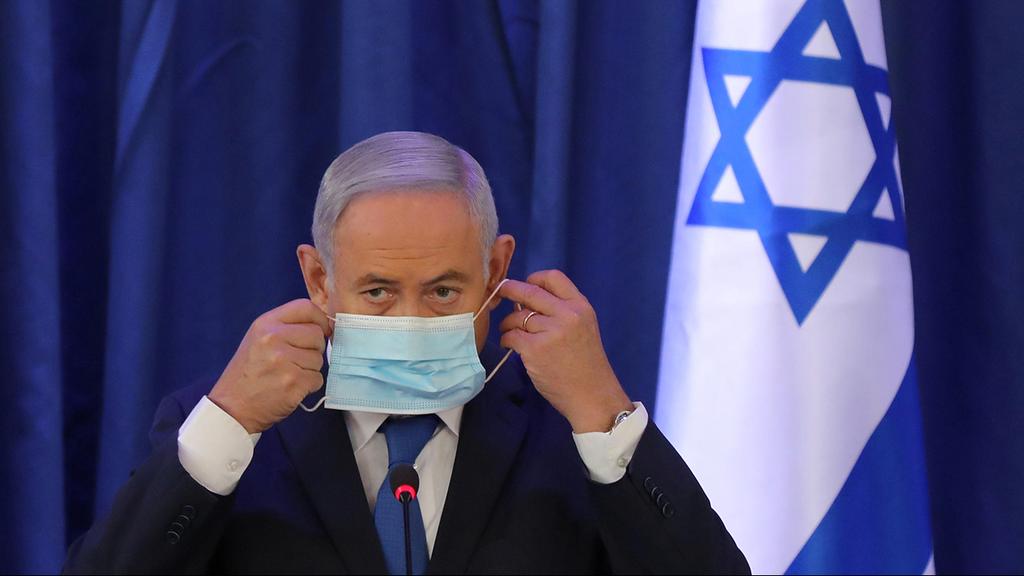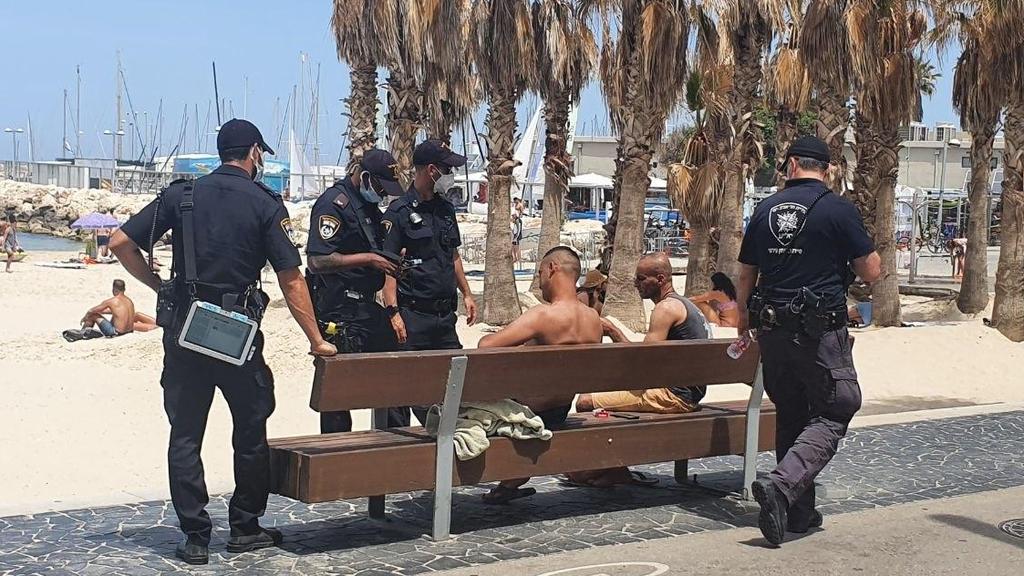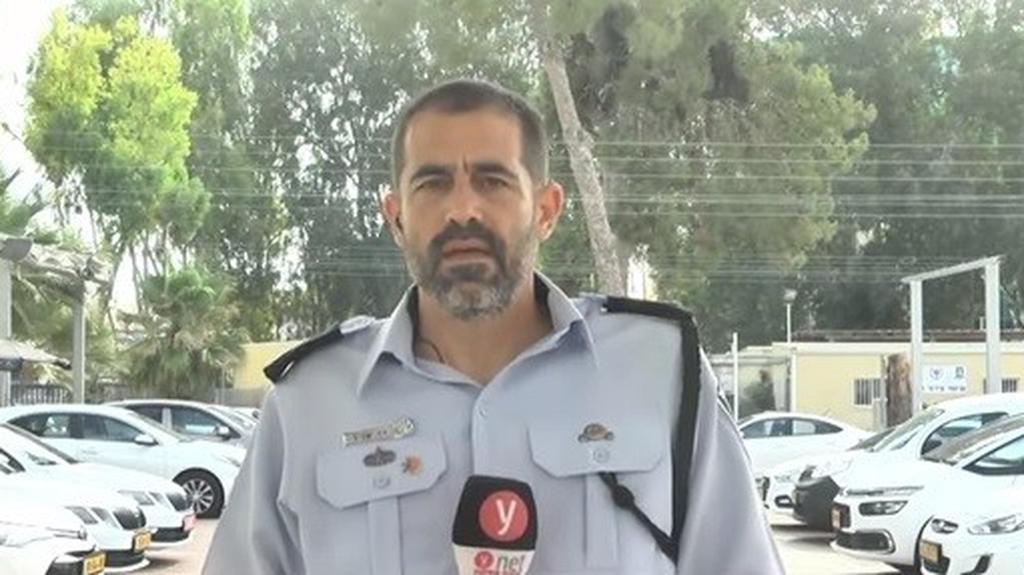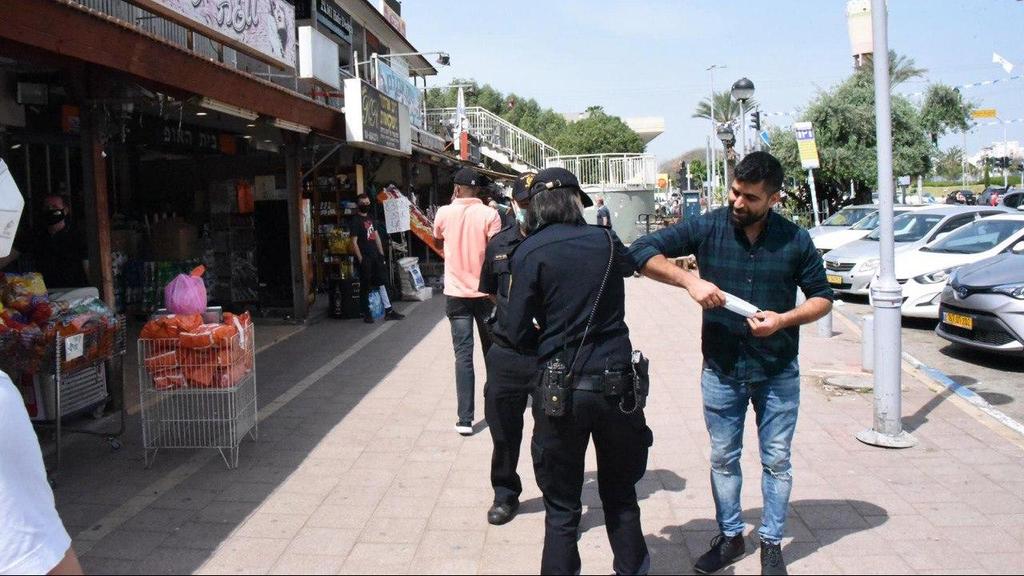Getting your Trinity Audio player ready...
Prime Minister Benjamin Netanyahu said Monday during the “coronavirus cabinet” meeting that if the public does not adhere to the Health Ministry's guidelines, the fines for violating orders will dramatically increase.
Israel over the past few weeks has seen a resurgence of COVID-19 as more and more businesses reopen, with the daily toll topping 300 new cases on Friday for the first time since the peak of the epidemic in mid-April.
“We will discuss dramatically increasing the enforcement, including increasing fines, centralizing enforcement under the Internal Security Ministry and harnessing all forces to oversee the enforcement mission,” he said.
“The second thing is the use of digital tools. We know this issue is problematic, but on the other hand, we also know that it has helped us a lot in curbing the epidemic."
Netanyahu added he has not ruled out once again restricting large gatherings. "It's a very dramatic step, but I suggest we consider it." he said. "We'll see if and when we will need it, and of course it has implications for certain curbs that we have already lifted."
Earlier, Israel's senior police official said that enforcement of coronavirus guidelines will increase with inspectors raiding public transport, private cars, taxis and night clubs.
Deputy Police Commissioner Ziv Sagiv told Ynet the extent of the enforcement is dependent on the public's discipline in adhering to public health orders.
"We don't want to go back to the sights we saw on Passover and Independence Day of cops patrolling the streets, stop vehicles and people," he said. "I wouldn't want to go back to that, but it looks like we'll be called upon again and we'll have to go back to enforcing [health rules.]
He said financial fines do not appear to deter people from violating the health guidelines, adding the only thing that could motivate people in adhering to rules is a sense of personal responsibility - which is what the police will try to reinforce.
"We will be at commercial centers, football fields, beaches," he said. "Enforcement will also be conducted on the streets, wherever we need to be. If we have to board buses, we will board buses. We will set up checkpoints, enforce in taxis, on weekends in night clubs - all locations that have crowds," he added.
"Any public place where we will have to be at - we'll get there."
In the meantime, health officials said despite having only tested 8,219 people for COVID-19 on Sunday, 161 were confirmed to carry the virus, representing a disturbing 2% contagion rate.
The number of people who have died from complications related to coronavirus has also risen to 307, with 29 patients remaining in serious condition.
The number of active patients in Israel currently stands at 4,848.





